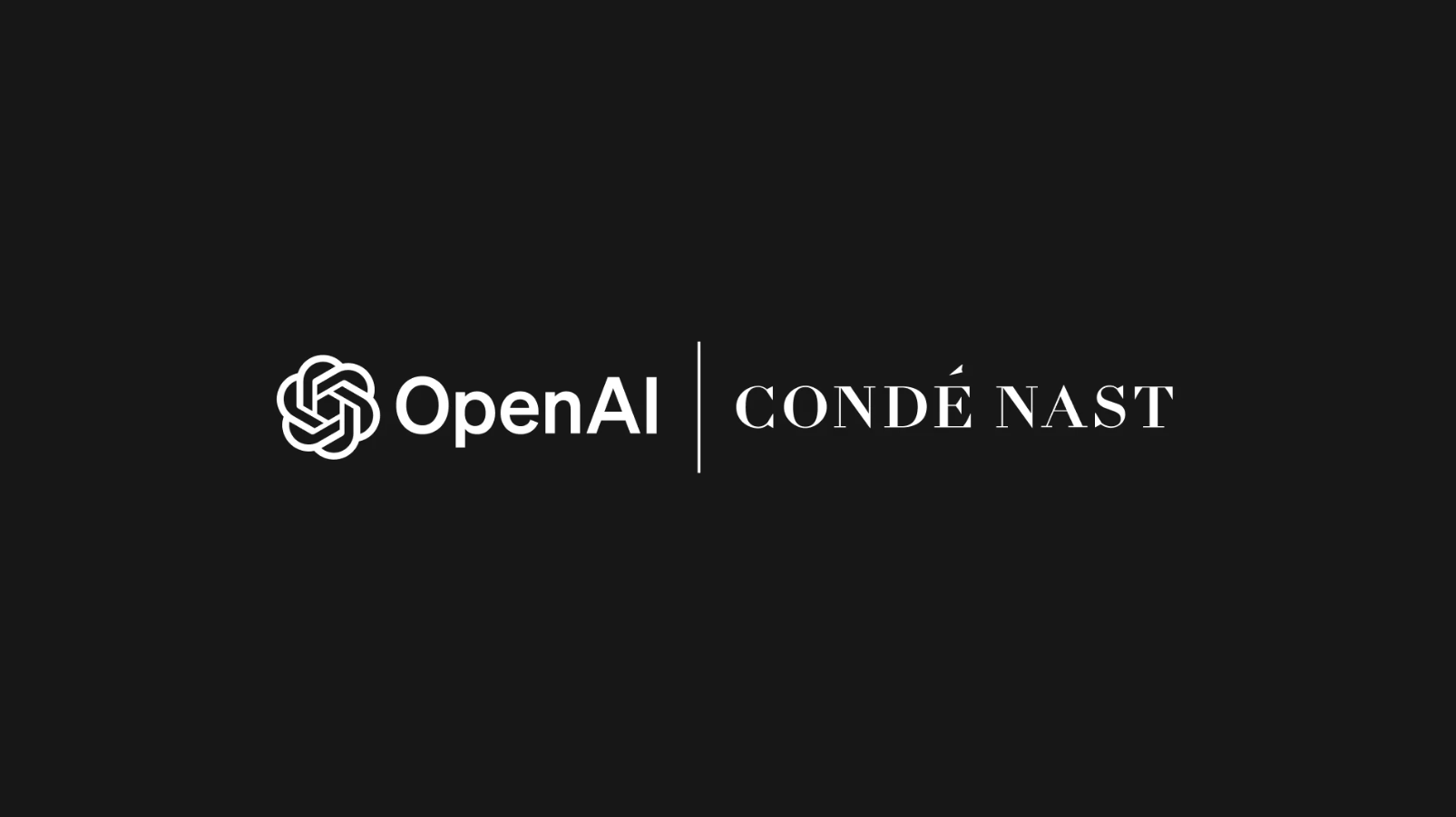OpenAI partners with Condé Nast to add content to ChatGPT and SearchGPT

OpenAI has announced a deal with Condé Nast to incorporate content from its popular media brands into its AI products. The agreement, however, raises concerns about media diversity.
Content from well-known publications like Vogue, The New Yorker, Condé Nast Traveler, GQ, Architectural Digest, Vanity Fair, Wired, and Bon Appétit will be added to ChatGPT and the SearchGPT prototype. It's unclear whether this content will also be used to train the AI models.
SearchGPT offers direct links to news articles, allowing users to access original sources directly from search results. However, it's uncertain whether users will click these links as often as they would in a traditional search engine like Google. This is why OpenAI is paying publishers for their content. After a beta phase, SearchGPT is expected to merge with ChatGPT.
The AI search/answer engine Perplexity also recently decided to pay publishers. Unlike OpenAI, Perplexity offers a double-digit share of advertising revenue - a system that could potentially grow if the search engine is successful.
AI search model threatens online publishing business
OpenAI pays publishers directly through individual, non-transparent agreements. To date, the company has signed agreements with Associated Press, Axel Springer, The Atlantic, Dotdash Meredith, Financial Times, Le Monde, News Corp, Prisa Media, TIME, and Vox Media.
Google, the search industry leader, has only paid Reddit to train on its user content and generate responses - with limited success so far. According to Bloomberg, Google is pressuring publishers to allow their content to be crawled for AI answers because blocking this feature would also block traditional search results. Google has yet to respond to these claims.
While licensing content is generally positive, it also creates problems upon closer inspection. OpenAI's purchase of content from select publishers could disadvantage smaller, independent outlets not chosen as "preferred publishers." They might be forced to offer their content for free to remain visible.
This creates a dilemma for publishers: if language and voice-driven AI search interfaces overtake traditional web content in daily use, publishers will gain visibility based on whether they sign exclusive deals with OpenAI. The company would be the gatekeeper, deciding what is quality publishing and what is not.
Perplexity's revenue sharing approach seems fairer - all publishers who are successful on the answer engine could potentially benefit. Perplexity wouldn't necessarily have an economic incentive to favor one publisher over another. However, AI search engines would first have to generate significant revenue. If and when that happens remains uncertain. Perplexity hasn't even launched its ad-supported version yet.
AI News Without the Hype – Curated by Humans
As a THE DECODER subscriber, you get ad-free reading, our weekly AI newsletter, the exclusive "AI Radar" Frontier Report 6× per year, access to comments, and our complete archive.
Subscribe nowAI news without the hype
Curated by humans.
- Over 20 percent launch discount.
- Read without distractions – no Google ads.
- Access to comments and community discussions.
- Weekly AI newsletter.
- 6 times a year: “AI Radar” – deep dives on key AI topics.
- Up to 25 % off on KI Pro online events.
- Access to our full ten-year archive.
- Get the latest AI news from The Decoder.